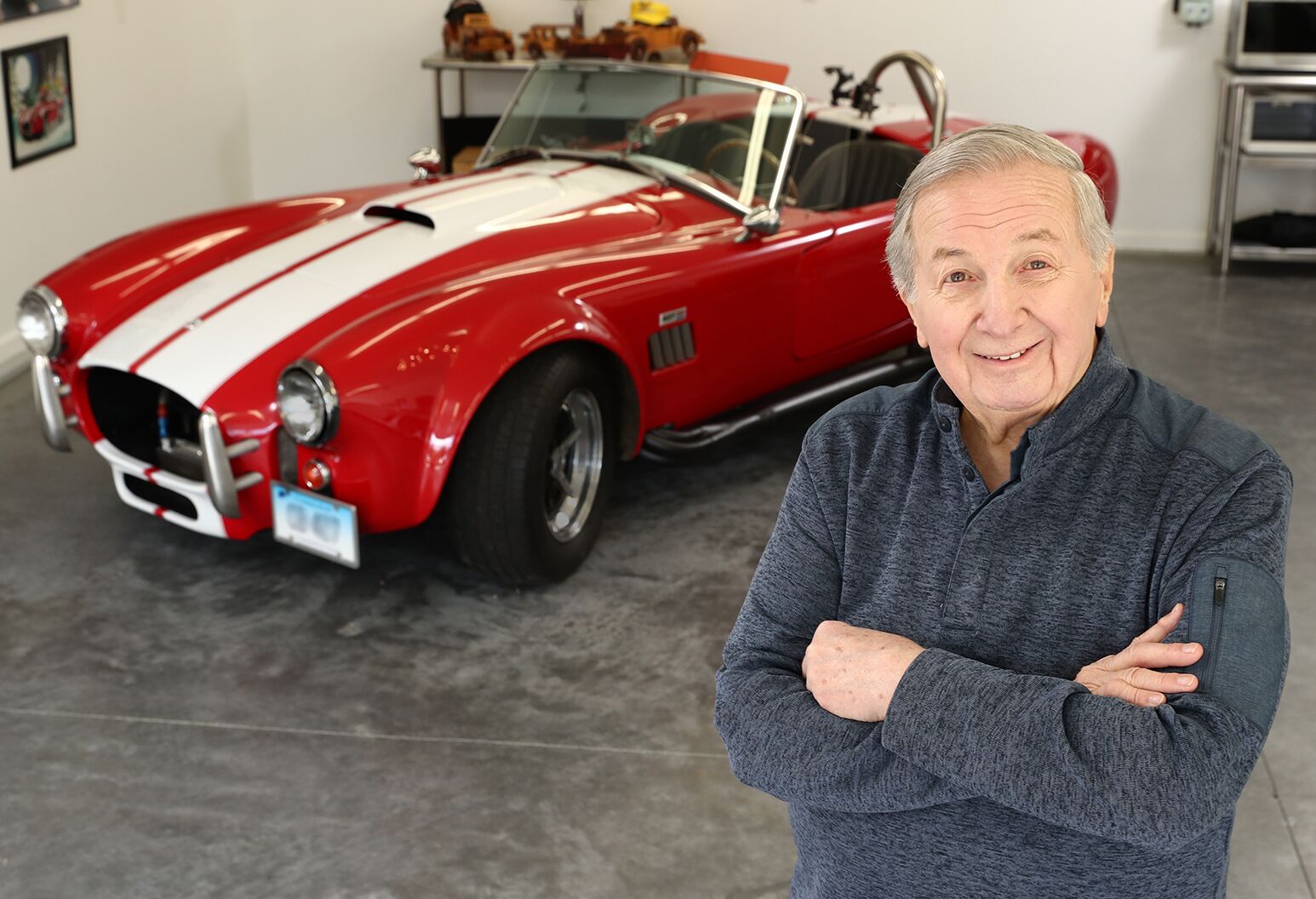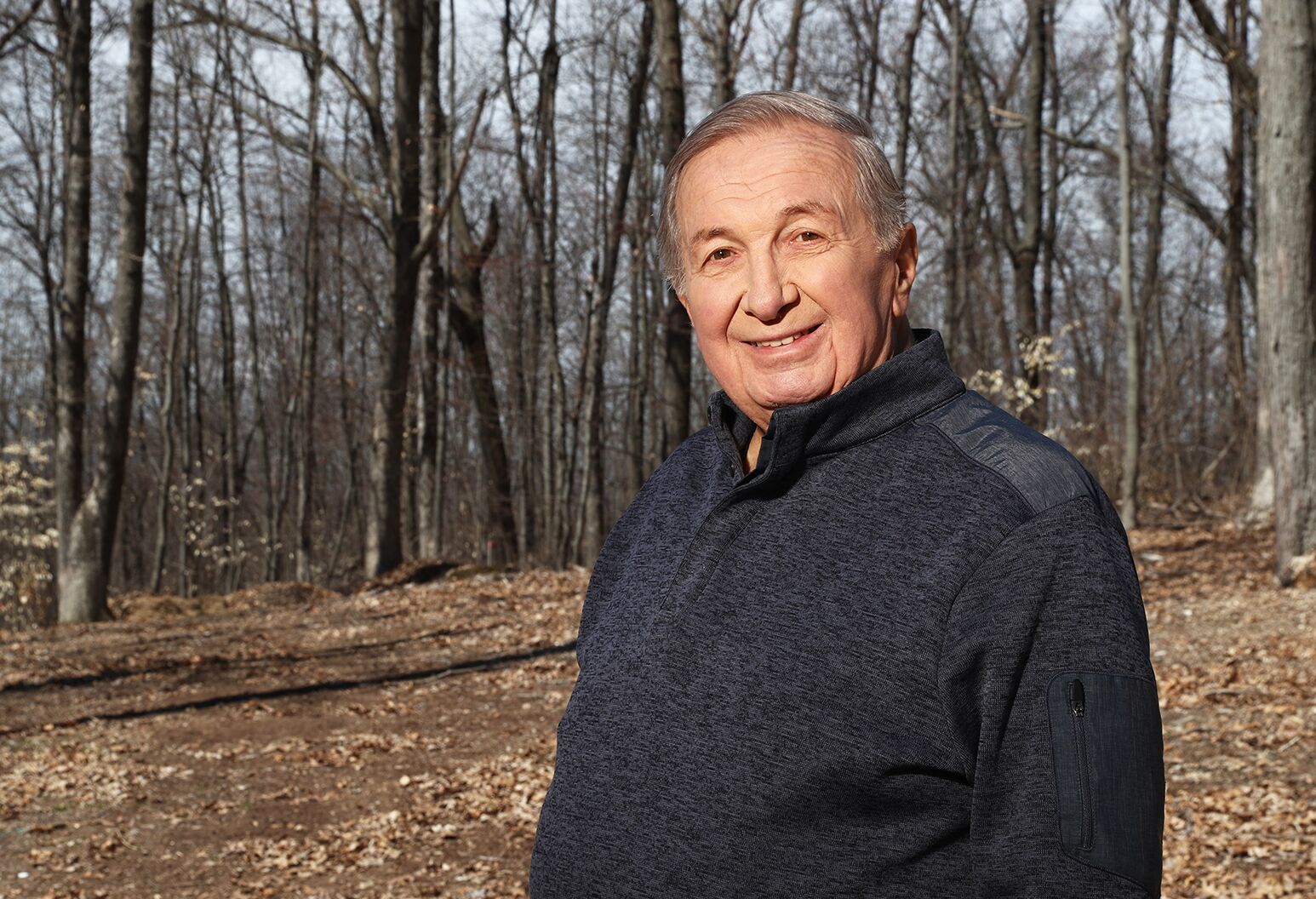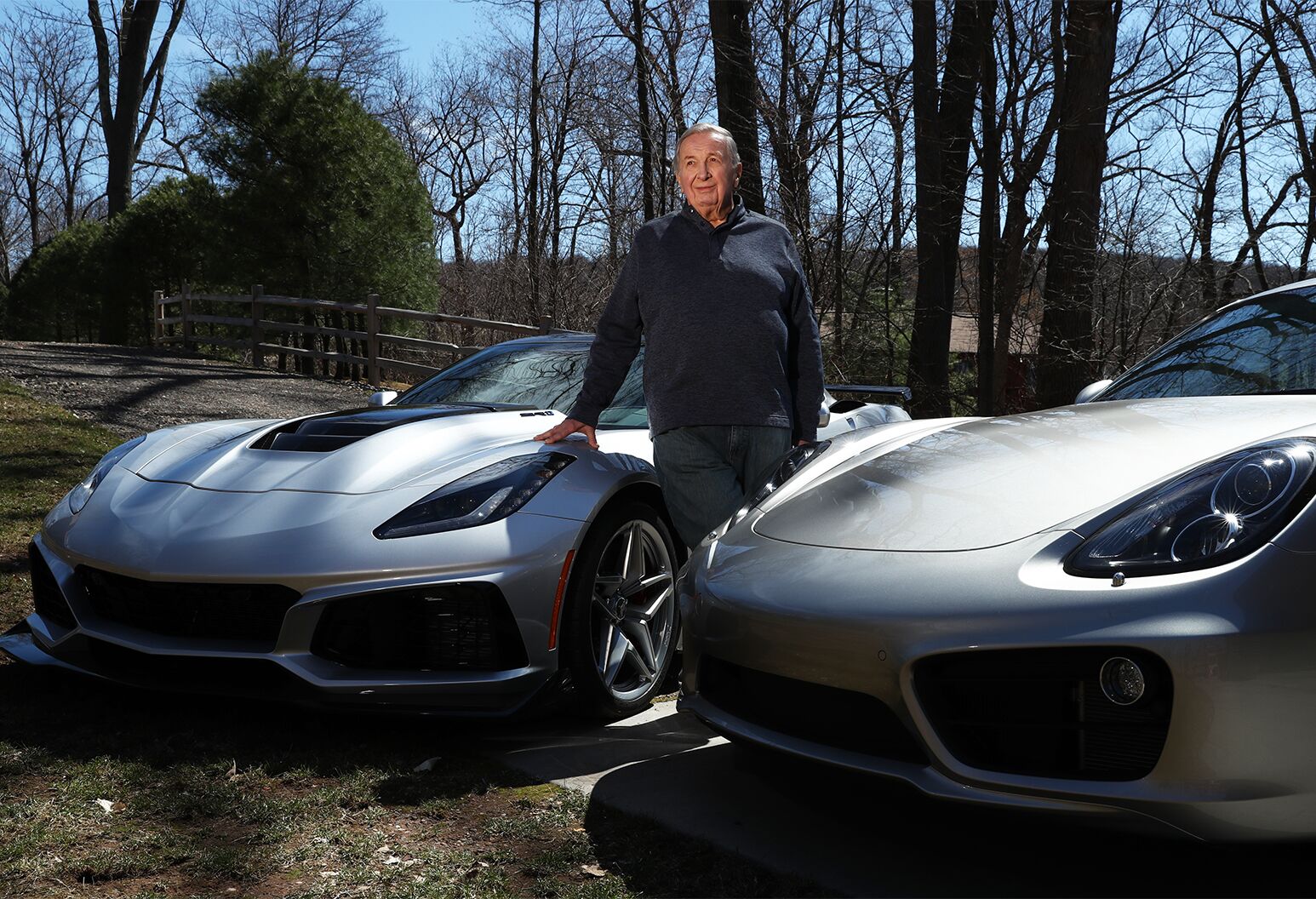300 Community Drive
Manhasset, New York 11030
For a Northwell ambulance, call
(833) 259-CEMS (2367).

Don Tenerowicz’s pacemaker saved his life more than a decade ago. He had gotten back to his life and back to enjoying his favorite hobby: taking care of his cars.
Don felt great for a while. But when the electrical leads that connected his pacemaker to his heart started to falter, he knew something was wrong—even though it was completely normal after 10 years of wear. Faulty leads for pacemakers and other implantable devices, such as implantable cardioverter defibrillators (ICDs), do eventually need to be replaced. Not only can they stop working properly, they may also become infected.
But that doesn’t mean it’s easy to extract leads. When leads become fused in place with scar tissue, the most common approach has been to replace leads that are no longer functioning with new ones (with new devices at times), leaving the old ones untouched.

That’s where 78-year-old Don found himself in late 2017. The Ellington, Connecticut, man went to his local hospital to have new wires attached to his pacemaker. “The old wires had been in for 10 to 12 years,” said Don, “and scar tissue had made them more tightly bonded to my heart.” But that procedure didn’t do the trick; before long, wires began to poke through the incision in his chest and they became infected. Several rounds of antibiotics, both in the hospital and at home, didn’t clear it. He needed the pacemaker and the new wires removed, but other physicians tried and failed. Don was in serious trouble.
He was flown in by the Northwell SkyHealth helicopter from Connecticut to the Sandra Atlas Bass Heart Hospital. There, he was treated by Laurence M. Epstein, MD—Northwell Health’s systems director of electrophysiology—who has performed more than 3,000 lead extractions, or surgical removal of pacemaker wires. “Some patients are unaware that ICD and pacemaker lead extraction is possible,” said Dr. Epstein. But, he added, when failed or infected leads are left in the body, “it’s like kicking the can down the road, and it’s a real problem that patients aren’t getting appropriate care.”
While many former patients flew to see Dr. Epstein at his former hospital in Boston (some from as far as Baghdad and Taiwan), the fact that he’s brought his expertise to our backyard was a boon for Don, who underwent the life-changing lead extraction procedure at the Heart Hospital—which is chosen by more people to treat heart rhythm disorders than any other hospital.* Not only was Dr. Epstein’s expertise a comfort to Don, the whole hospital made him feel completely cared for.
During the procedure, Dr. Epstein carefully removed the abandoned, infected pacemaker leads and installed in their place a Medtronic Micra® pacemaker. The world’s smallest pacemaker, the Micra® eliminates problems like Don’s because it’s leadless. Not only that, placing it doesn’t require a new incision. Dr. Epstein advanced the leadless pacemaker to Don’s heart through a vein in his leg. Northwell is the country’s leading health system in implanting leadless Micra® pacemakers. And the electrophysiology team at the Sandra Heart Hospital is the nation’s most experienced in implanting the more leadless pacemakers than any other facility in the nation. “Clinical experience makes a big difference in outcomes,” said Dr. Epstein. “We are educating people with implanted cardiac devices that lead extraction is an option that can be done safely.”

Being rid of the old pacemaker wires lifted a literal burden from Don’s heart and the new device has given him fresh energy. He can take the stairs, walk through stores and putter around with his cars in his garage without difficulty.
“I can’t say enough about the Heart Hospital—from the time I arrived at the heliport, to all the care I received at the hospital and what Dr. Epstein did for me,” Don said. His new pacemaker puts the risk of infected leads behind him forever.
*More people in Queens and Nassau County choose the Sandra Atlas Bass Heart Hospital to treat their heart rhythm disorders than any other hospital (according to SPARCS 2017 data).
300 Community Drive
Manhasset, New York 11030
For a Northwell ambulance, call
(833) 259-CEMS (2367).